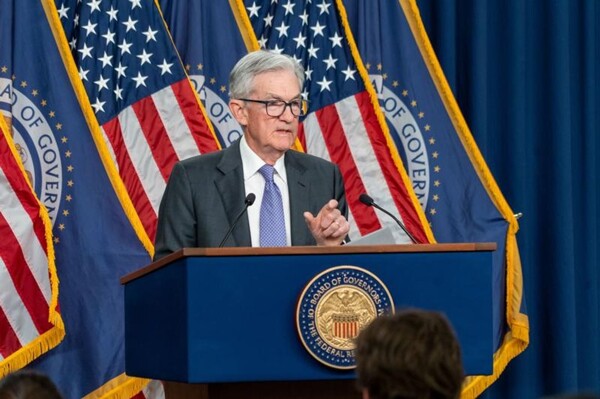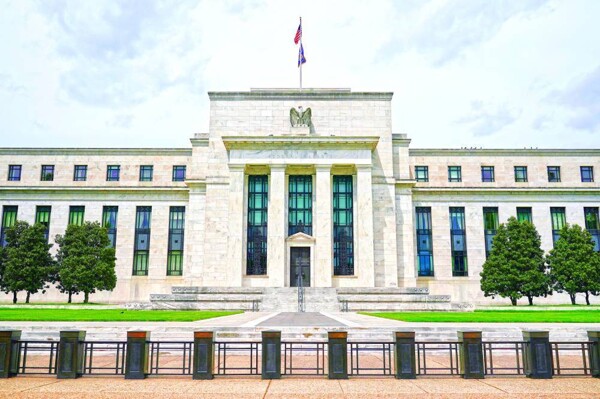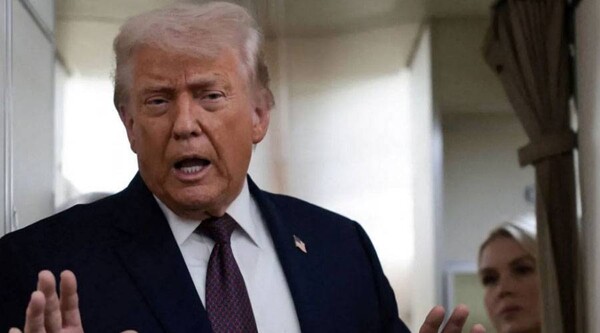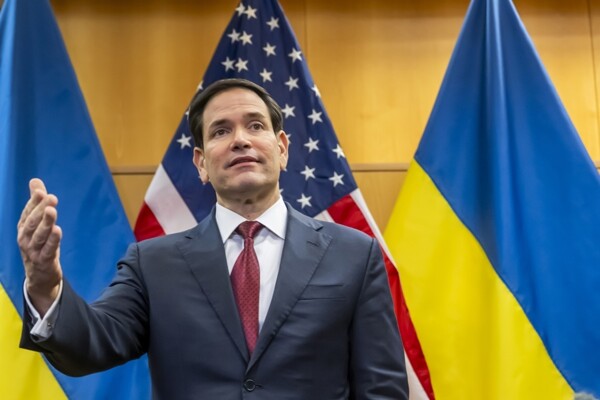
The growing doubts and conspiracy theories surrounding the elections in the United States have led to a climate of uncertainty and distrust. Republicans have trained thousands of election observers who are already requesting audits of voting machines and manual counts. There are concerns about the security of mail-in ballots and fears of potential electoral fraud, partly fueled by beliefs that Trump won the election four years ago.
Republican state legislators have pushed for legal reforms to safeguard electoral integrity, while governors from the same party have established investigative units to clean up voter rolls. This situation could mean that in several key states, election night results may not be known. The absence of a voter credential and the prohibition of requesting voter identification in some places, like California, also add complexity to the process.
In states governed by Democrats, hundreds of lawsuits have been filed against so-called "citizen patrols" that intimidate election officials. Furthermore, it has been raised that if Trump loses, he is likely to face legal consequences, while if he wins he threatens to imprison those who allegedly committed fraud in 2020. The polarization in public opinion and perceptions of fraud have created a climate of tension and uncertainty.
Election laws vary significantly from state to state in the United States, with different voter registration processes, campaign regulations, and counting methods. It is noteworthy that ultimately what counts is the Electoral College vote and not necessarily the popular vote. Small local events can influence the outcome of a state, which becomes relevant in closely contested and sensitive elections like the current ones.
Historian Allan J. Lichtman has proposed a system to predict election outcomes based on thirteen criteria, including factors such as economic growth, the popularity of the party in power, and the charisma of the candidates. The current political landscape, with acute polarization and a large amount of disinformation, poses new challenges for democracy in the United States as the election date approaches.














